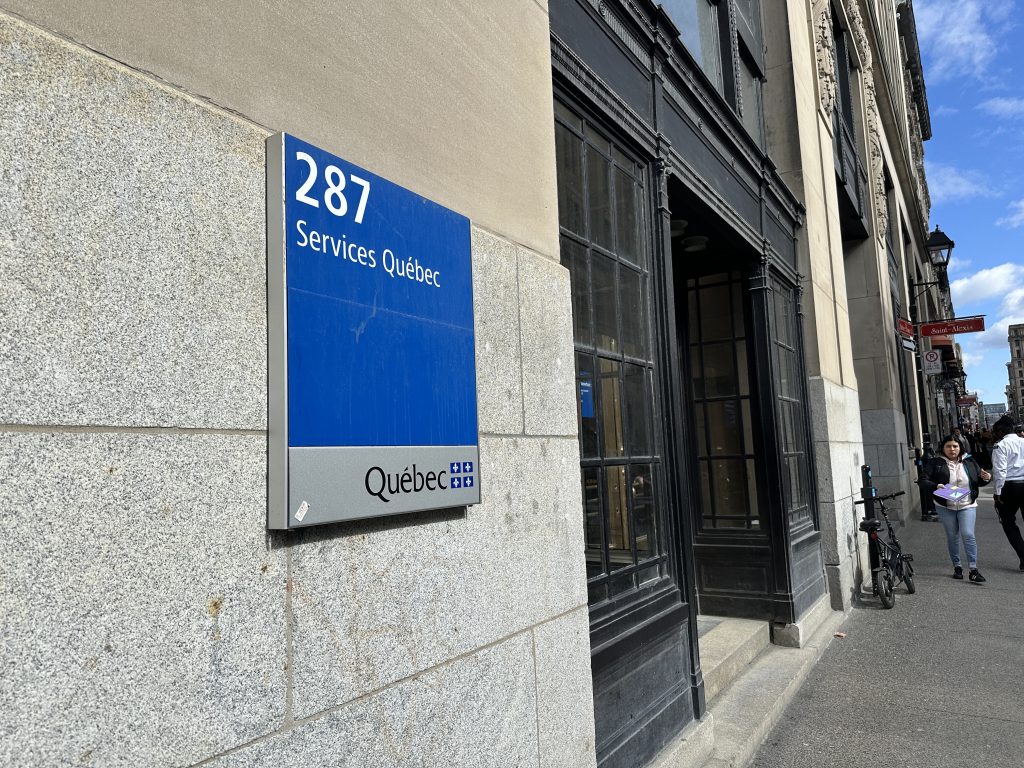Has the ship sailed on the good old days of ‘black gold’?

Posted February 5, 2020 4:55 pm.
Last Updated February 5, 2020 8:29 pm.
CALGARY – Alberta may have secured another win for the Trans Mountain pipeline expansion, but has the ship sailed on the good old days of black gold?
By the time oil gets moving, will it be like popping champagne on Jan. 1 after the party is over? Some, like Jim Cramer, the host of CNBC’s Mad Money, think so.
“We’re in the death knell phase,” said Cramer in an interview last week on CNBC.
Economist Kent Fellows at the University of Calgary disagrees.
RELATED: Few hurdles remain for Trans Mountain pipeline expansion project
“And the reason I come to that conclusion is if you look at who’s in play here–Trans Mountain itself but all of the shippers–they’re the ones with skin in the game. They do long-term projections. They’re in it to make money and that’s their sole goal.”
He says he doesn’t like to think of the TMX victory as being “late to the party”–a victory is still a victory.
“It might be that we took too long to do something, but that doesn’t mean it’s not worth doing now.”
But, is it still the massive cash cow it has been known to be? Cramer says oils stocks aren’t being scooped up by younger investors due to moral reasons, calling oil and gas the new tobacco.
“We’re in a new world and some of us will be dragged kicking and screaming to believe that’s not the case, but they’re tobacco,” said Cramer.
Fellows says there may be more market uncertainty, but there’s still a part of the market that’s very stable.
And as for the people concerned about the impact of the oil and gas sector has on the environment, Fellows says that’s why there’s a carbon tax.
READ MORE: Opponents to ramp up protests against Trans Mountain pipeline expansion in B.C.
“You get a lot of people who are anti-pipeline because of the climate change perspective, and I think the economist’s stance on that is, let the carbon tax do its job.”
There are others–like former premier and current opposition leader Rachel Notley–who believe Alberta needs to make strides in diversifying the economy, finding new sources of cash flow so the province isn’t so dependent on the energy sector.
“It’s one of those things where you’re fighting against fundamental economic forces. The economy wants to specialize. That’s where the money is, that’s where the returns are,” said Fellows.
But, the times are changing according to Cramer.
“This has to do with new kinds of money managers who frankly just want to appease younger people who believe you can’t ever make a fossil fuel company sustainable.”



